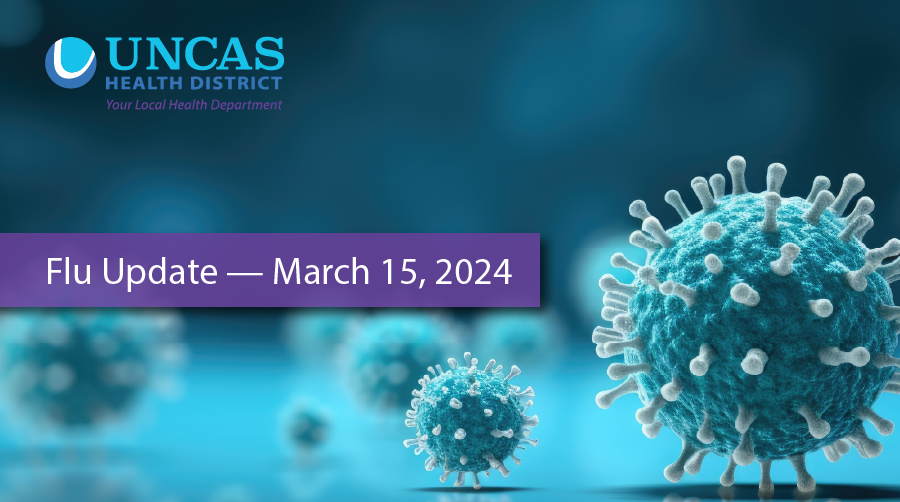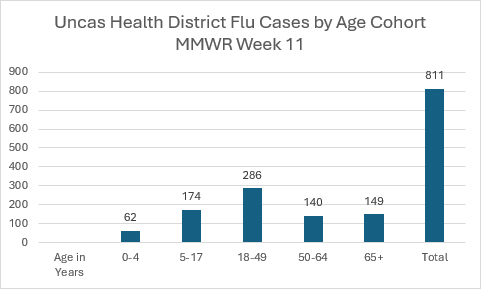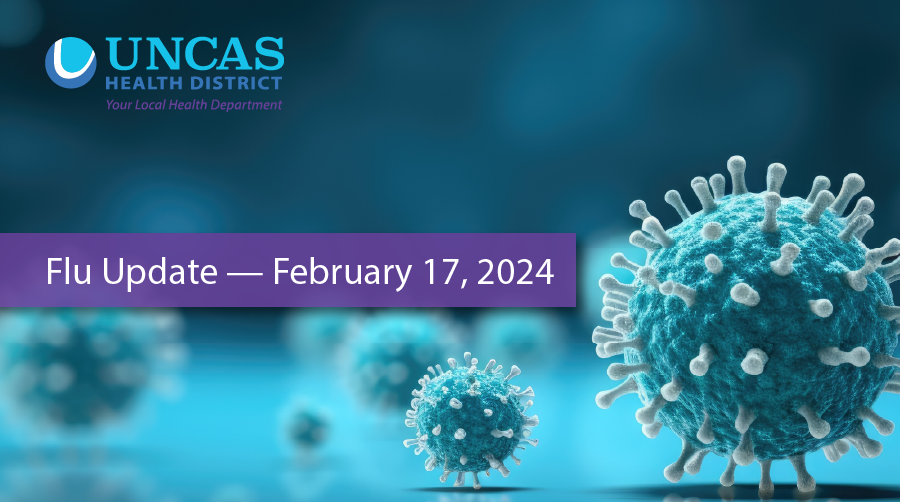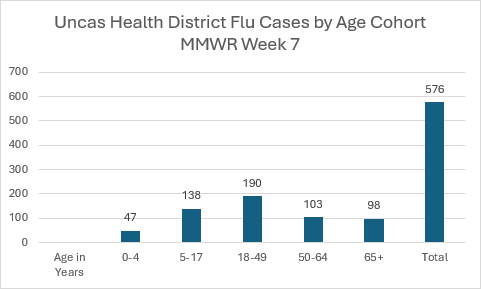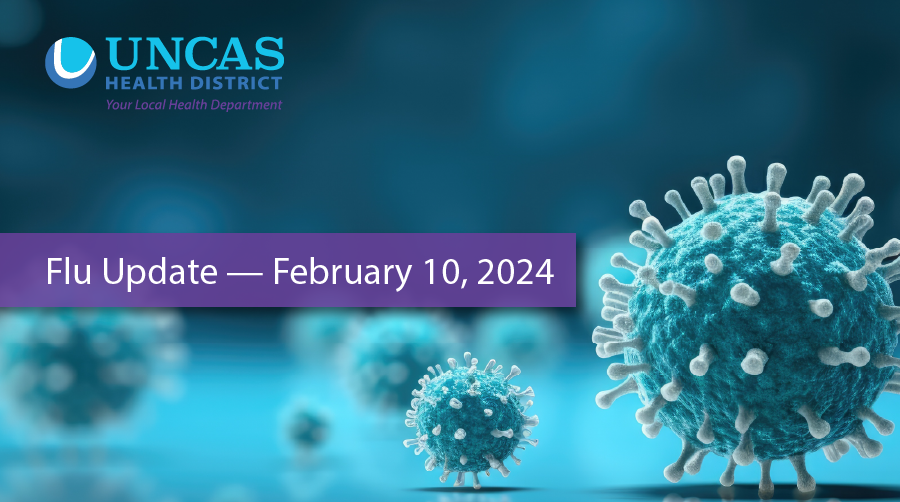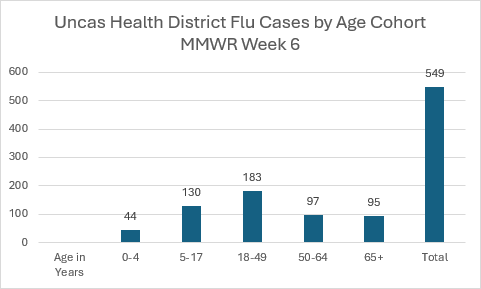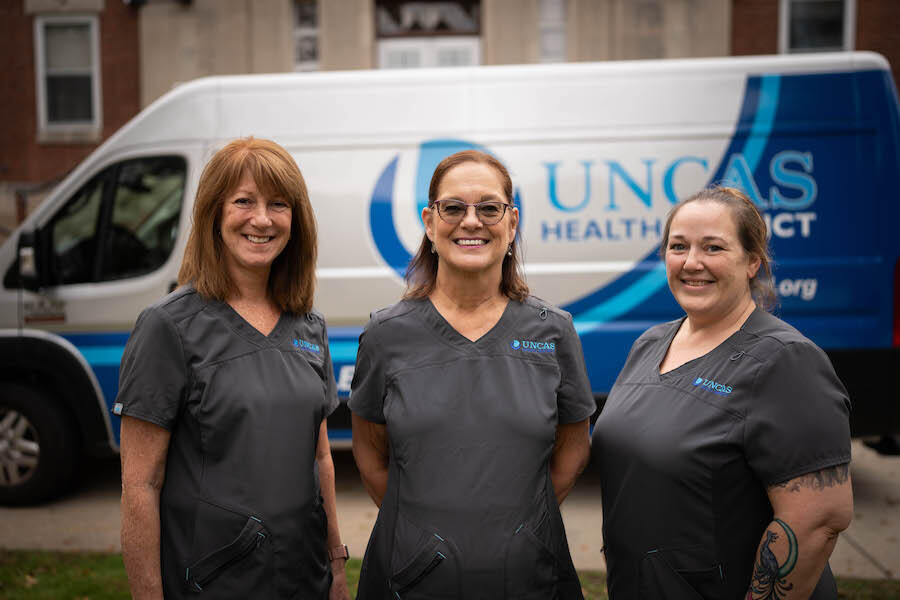Every year in April, we celebrate National Infant Immunization Week (NIIW), a dedicated time to raise awareness about the importance of protecting infants and young children from vaccine-preventable diseases (VPDs). This year, NIIW runs from April 22nd to 29th, 2024.
Why Vaccines Matter
Vaccines are one of the most successful and cost-effective public health tools we have. They work by exposing the body to a weakened or inactive form of a virus or bacteria, which helps the body develop immunity without getting a full-blown illness. This protects not only the vaccinated child but also those around them, creating a herd immunity effect that benefits the entire community.
Focus on Staying on Track with Vaccinations
The COVID-19 pandemic has disrupted many aspects of our lives, including well-child visits and childhood vaccinations. This NIIW, the Centers for Disease Control and Prevention (CDC), and the American Academy of Pediatrics (AAP) want to emphasize the importance of getting your child back on track with their recommended vaccinations.
Getting Back on Schedule
If your child’s vaccinations have been delayed, don’t worry! It’s not too late to catch up. Talk to your doctor about creating a plan to get your child current on their immunizations. Remember, on-time vaccination is critical for protecting against potentially life-threatening diseases like whooping cough (pertussis) and measles.
Access Your Child’s Vaccination Records
Visit the State of Connecticut Immunization Program here.
The CT WiZ Public Portal allows individuals who were vaccinated in Connecticut to access their immunization records, while parents and guardians can also access their minor child’s records. Check your and/or your child’s immunization record here.
Together, we can ensure that all children are protected from vaccine-preventable diseases. This NIIW, let’s recommit to staying on track with childhood immunizations.

